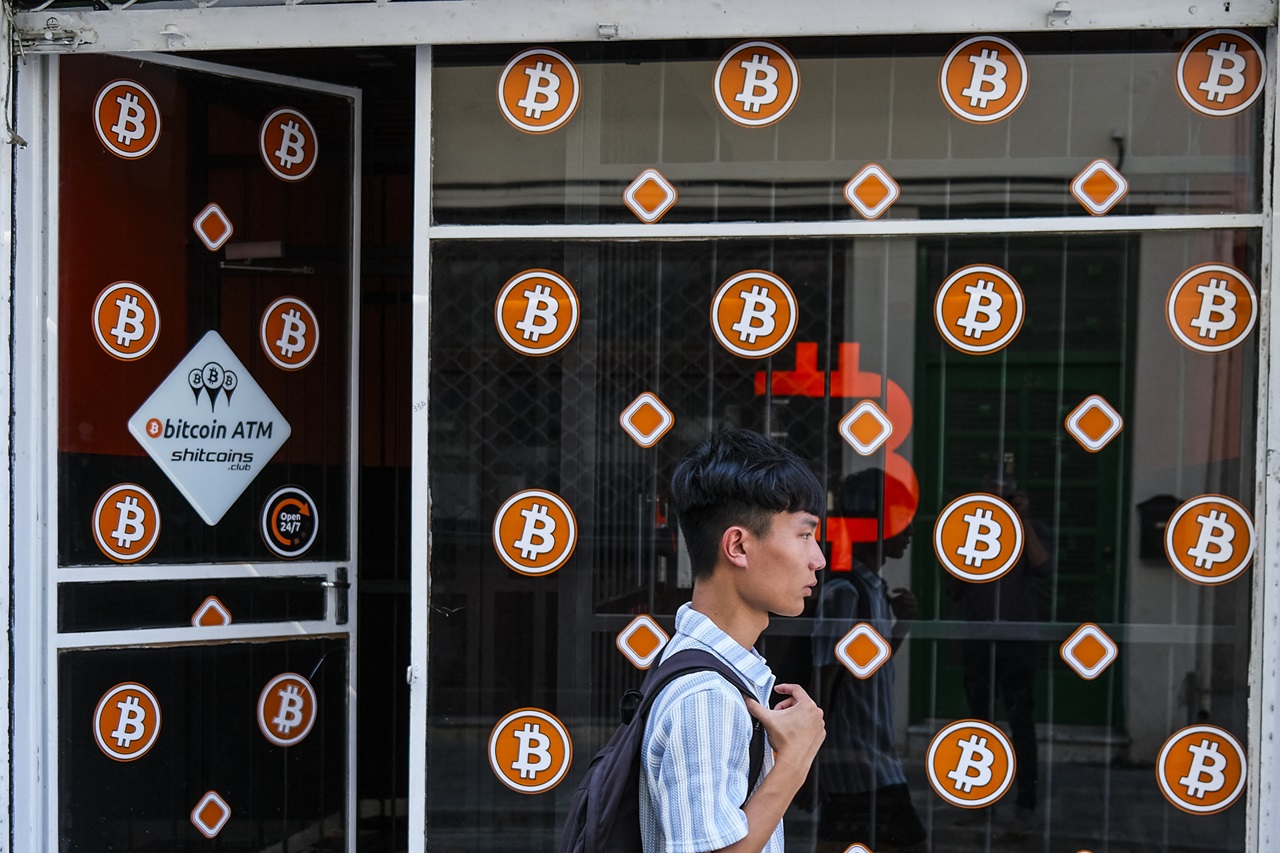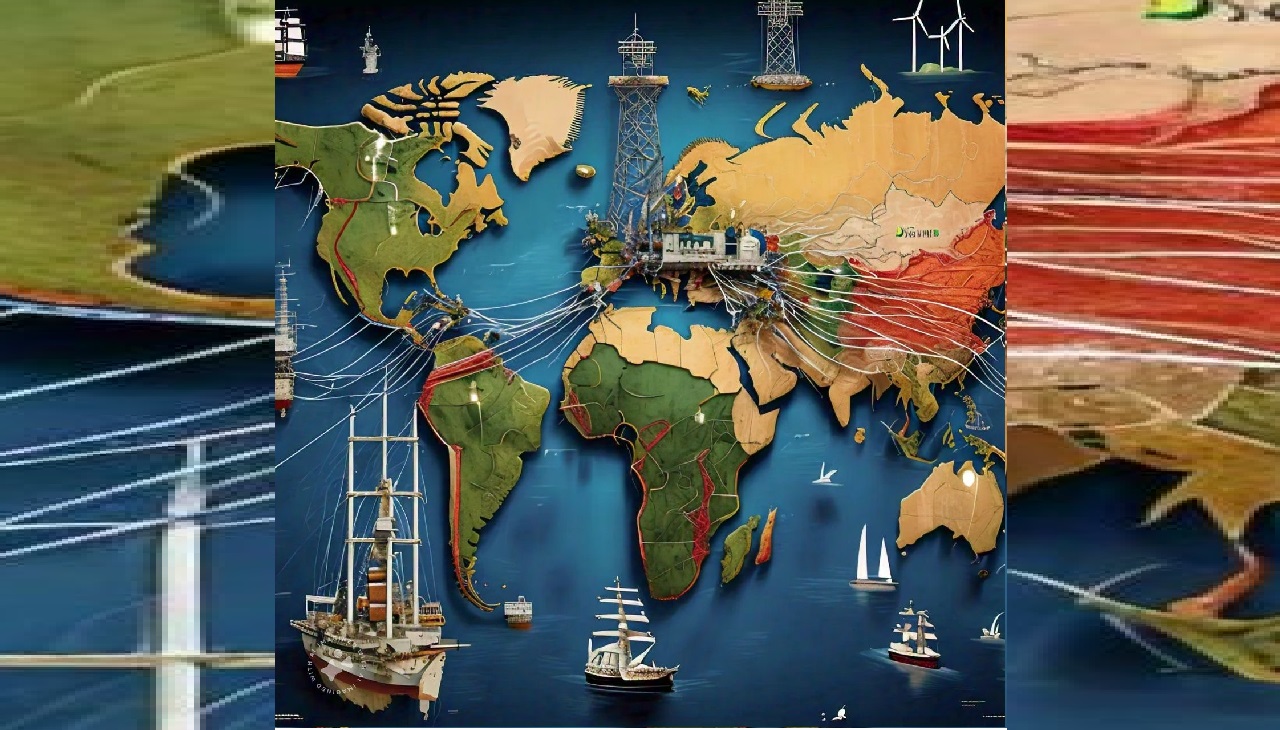!["I think what [the Ocasio-Cortez victory] points to is a split in the Democratic Party between the popular base and the party managers," Chomsky said. "The popular base is increasingly socially democratic."](/sites/default/files/articles/chomsky_0.jpg)
Noam Chomsky on Ocasio-Cortez: ‘It was a spectacular victory’
Renowned political dissident, linguist, and philosopher Noam Chomsky said that the victory of the young Puerto Rican Alexandria Ocasio-Cortez in the 14th…
Will the Democratic Party embrace its popular base or will it continue to satisfy the class that pours the money?
This is the question that has risen after Alexandria Ocasio-Cortez’s victory in the Democratic primary in New York, according to the well-known author and philosopher Noam Chomsky.
In an interview with Democracy Now!, Chomsky analyzed the causes and consequences of the surprising victory of the young Ocasio-Cortez over the established Democratic leader Joe Crowley.
"It was quite a spectacular victory and a significant event," said the author. "I think what it points to is a split in the Democratic Party between the popular base and the party managers."
For Chomsky, the popular base of the Democratic Party "is increasingly essentially socially Democratic" and that is why the Ocasio-Cortez campaign resonated strongly among the electorate, through "a concern for the progressive goals that she outlined in her comments."
Chomsky is recognized as the "father of modern linguistics" and has published more than 100 books on topics ranging from war to the mass media, and has made clear his ideological positions with tendencies towards anarcho-syndicalism and libertarian socialism.
From his youth, the author opposed the participation of the United States in the Vietnam War, advocated for the "responsibility of intellectuals" and was arrested many times for political activism, which put him on Richard Nixon’s list of enemies.
RELATED CONTENT
Over the past few years, his critique has focused on the capitalist model, which he calls "a selfish pursuit of material advancement," and has opposed "authoritarian attempts to establish a socialist society," placing him among ideological theorists opposed to the American political system.
Chomsky has declared that "Western capitalist nations are not really democrats, because a truly democratic society is one in which all people have a say in public economic policy."
That is why, for the academic, the Democratic Party is at an important crossroads when facing the midterm elections. During his interview with Democracy Now!, Chomsky explained that "for the general middle-class population of the country, [Ocasio-Cortez’s] ideals are quite significant.”
He also described the Democratic Party counterpart as "Donor-oriented Clintonite Democrats, who are pretty much what used to be called moderate Republicans - the Republican Party itself has drifted so far to the right that they’re almost off the spectrum.”
For the author, the decision of the Democratic Party could define the results of the next elections and, with it, the political future of the country before the second half of Donald Trump's government.
"Will the party move in the direction of its popular base with essentially social-Democratic, New Deal-style programs, or will it continue to cater to the donor class?" he analyzed. "Unless that issue is resolved, I don’t think they have a very good chance in the forthcoming elections."











LEAVE A COMMENT:
Join the discussion! Leave a comment.